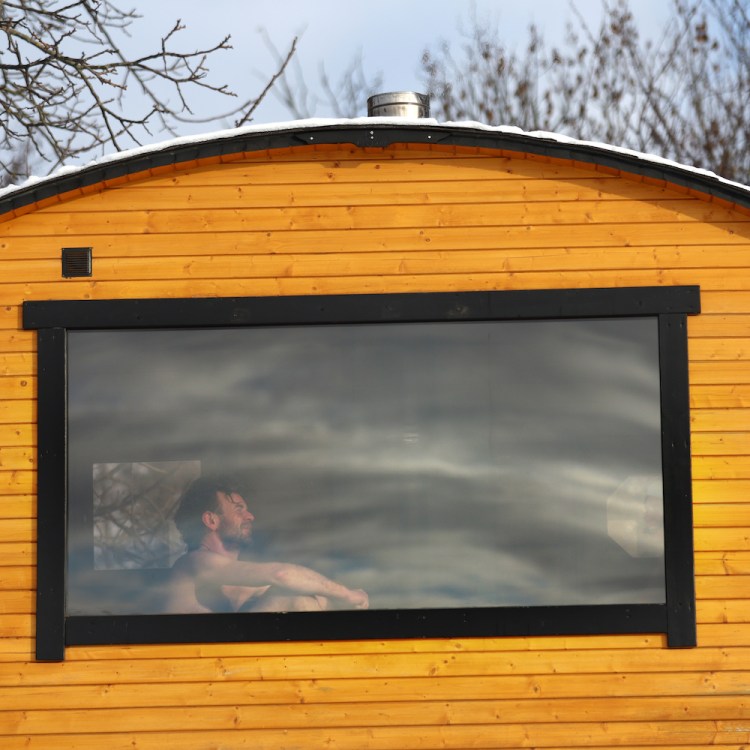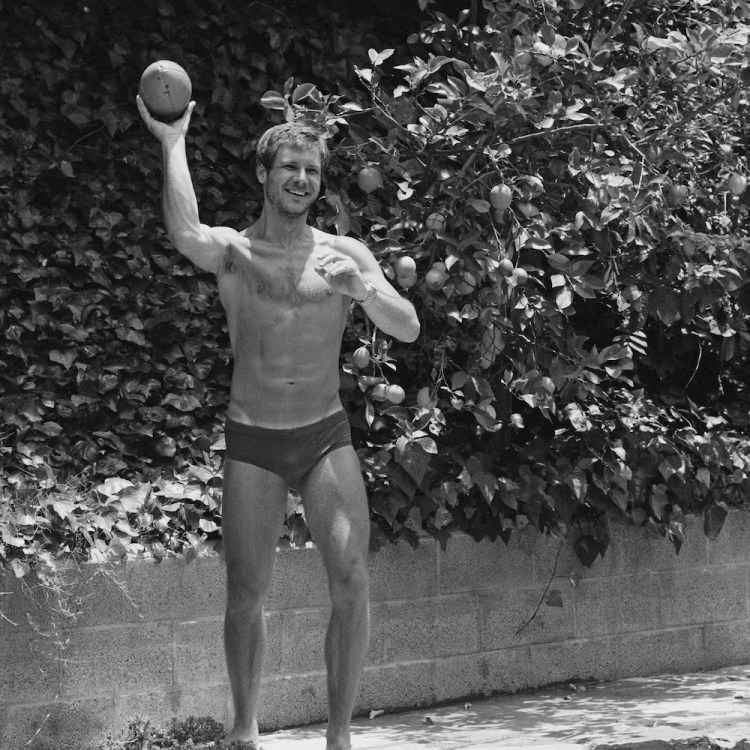A couple of summers ago, The New York Times published a profile about Paul Skallas, a now-38-year-old tech lawyer who’s curated a sizable following online for his writings on something called “the Lindy Effect.” Skallas makes seemingly every decision in his life based on whether it’s “Lindy” or not. What on earth does that mean? Well, the concept traces back to both a 1964 article about comedians and a 2012 book on probability.
A group of comedians used to meet in a Broadway diner called Lindy’s, to discuss the diminishing returns of contemporaries who appeared too often on TV. They concluded: “[The] life expectancy of a television comedian is proportional to the total amount of his exposure on the medium.” If you want to last in the business, confine yourself to guest appearances and specials.
The book, meanwhile, was written by 21st-century researcher Nassim Nicholas Taleb, who took inspiration from the comedians’ decades-old “law,” and offered an updated definition, with roots in philosophy and mathematics: ““For the perishable, every additional day in its life translates into a shorter additional life expectancy. For the nonperishable, every additional day may imply a longer life expectancy.”
Skallas has taken the movement furthest, branding himself LindyMan online (he has a Twitter and a Substack), and applying its principles to every aspect of his life: daily routine, dietary consumption, dating habits. He instructs his acolytes to identify the behaviors that persisted for the longest time in human history and repeat them. If it’s lasted this long, it’s trustworthy. Otherwise, it’s merely a trend.
How to Reap the Rewards of “Lazy Workouts”
The HIIT-obsessed have lost the thread. Zone 2 training should be your norm.Is “Lindy” the Right Way to Live?
How does Skallas identify these rites, anyway? He reads a lot of old stuff. The Times mentioned Thomas Aquinas and Plutarch in particular, but you can find links to all sorts of other ancient studies and essays in his socials.
It’s difficult to roundly declare this way of living as right or wrong, as Skallas himself would acknowledge that some Lindy things are morally bankrupt. Plus, there’s nothing particularly Lindy about the breakthroughs of modern medicine. (Compared to all of human history, 200 years is nothing.) And yet: Skallas wouldn’t recommend that you forgo chemotherapy if you’re battling cancer.
For the most part, though, Lindy-living involves (a) identifying positive practices that have stood the test of time and (b) making more discerning decisions in the consumer era. That might mean drinking green tea, scheduling time to see friends twice a week or favoring simple strength training exercises instead of newfangled machines (which definitely didn’t exist in antiquity).
Try a Lindy Walk
Skallas’s most unassailable recommendation, in our opinion, is the “Lindy Walk.” He started doing them during peak quarantine, taking inspiration from various subcultures: “[It] just basically means a stroll,” he said in 2021. “But it’s also in a lot of ancient cultures, a heavy tradition of walking, right? There’s the Sabbath stroll. In Greek, it’s called Volta. There’s an Italian version of it. It’s just walking for the sake of walking.”
While today’s fitness writers (including this one) typically vouch for long walks as a potential workout complement or replacement, Skallas keeps intention out of his strolls. He imagines them without a set distance, route or time limit. To walk in Lindy, one must give themself to the wanderer’s spirit, and bumble around lost in thought, like the many flâneurs of yore.
Is there a reward for this sort of rambling? Actually, yeah — to say nothing of the physical benefits of adding a few thousand steps to your day, Skallas relies on Lindy Walks for bursts of inspiration: “An interesting thing happened when I walked. I had thoughts popping into my head,” Skallas wrote in a Substack. “Waves of ideas would come through. I wasn’t ‘trying’ to think or even come up with an idea. It would just appear.” Magical epiphanies?Very Lindy.
The Charge will help you move better, think clearer and stay in the game longer. Subscribe to our wellness newsletter today.




















